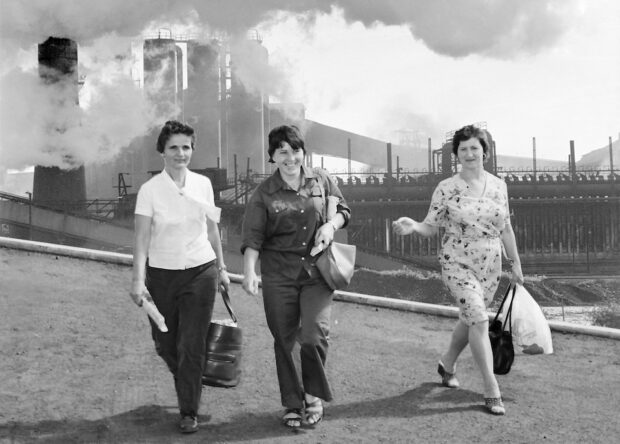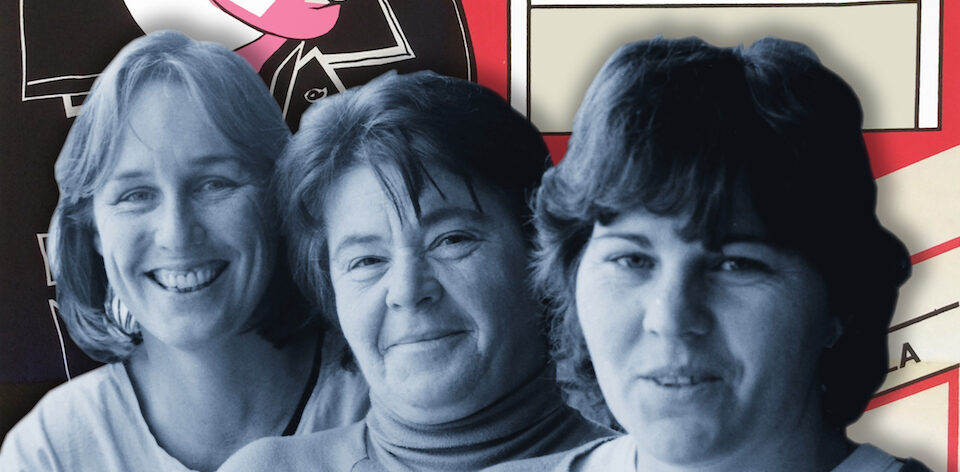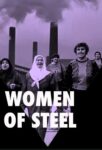According to recent Workplace Gender Equality Agency statistics, there’s still a 13.9% gender pay gap in Australia. That means that women on average earn about $243 less a week than men.
So, it’s probably no shock that there’s a history of systemic inequality in Australia’s workplaces, even following the Anti-Discrimination Act 1977. One major campaign was run in the early 1980s in Wollongong against the powerful BHP, in which female workers won the right to work in male-dominated steel industry.
One of the movement’s leaders was Robynne Murphy, who collected footage over the years and returns here to direct a retrospective on their battle. When the industry went into a slump shortly after their initial win, the fight continued in the highest courts to prove that institutional prejudice directly led to layoffs and missed opportunities.

Despite Murphy’s close involvement with the subject matter, or perhaps even because of it, WOMEN OF STEEL becomes an excellent overview of this specific case. With unfettered access to the women who used to be her colleagues and friends, there’s an authenticity that comes with this personal angle on an important moment in the textbook of Australian industrial law.
Yet in a much broader sense, it’s also a history of multiple movements, sitting as it does at the intersection of working women’s rights, sexual discrimination, harassment in the workplace and migrant rights. To the latter two issues, we see countless examples of how specific language was written into contracts that not only allowed discriminatory behaviour, but actively endorsed it.
As a well documented case with plenty of media attention, Murphy expands on her own interview and archival footage with television and news coverage, media headlines and photos from the period. Even though this clocks in just under an hour, making it perfect fodder for TV or streaming, it still feels complete.
If this was simply a document of a moment in time, one that covers a period within living memory, it would be a fine film. Yet it’s regrettable to say that Me Too and Time’s Up movements have only highlighted how entrenched some of these inequities still are almost four decades on.
2020 | Australia | DIRECTOR: Robynne Murphy | WRITERS: Robynne Murphy | DISTRIBUTOR: Sydney Film Festival (AUS)| RUNNING TIME: 56 minutes | RELEASE DATE: 10 June 2020 (SFF)






